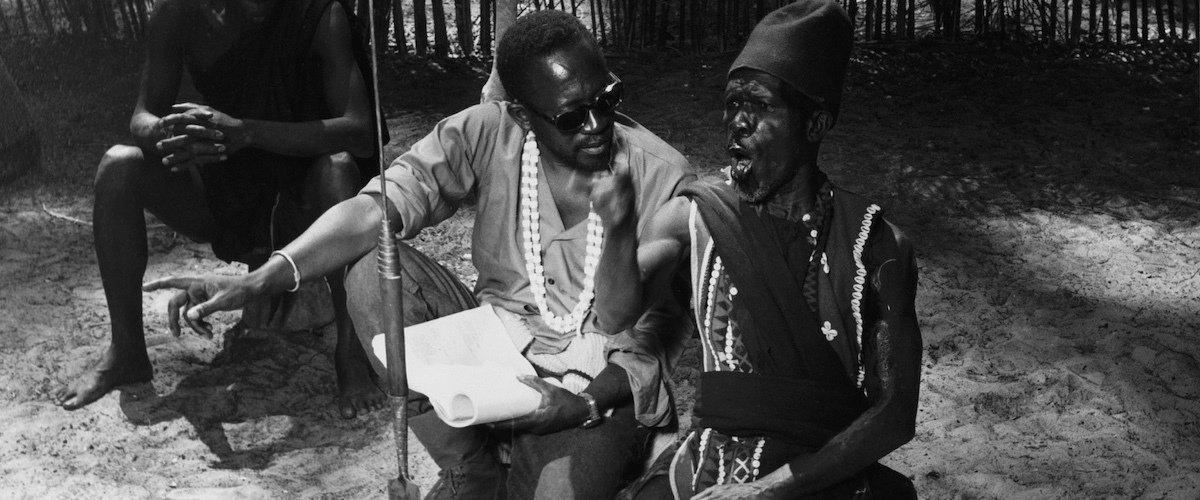While a few Black documentary film directors like Ava DuVernay (“13th”) and Spike Lee (“When The Levees Broke”) have achieved celebrity status, many more are flying under the mainstream radar. Given a lack of representation, people have called out #OscarsSoWhite every year since 2015. Acknowledging that audiences want to see diversity both on screen and behind the camera, 2018 became a boom for Black filmmakers and film festivals like Sundance and our local True/False are more intentionally playing and recognizing work by Black directors. In celebration of Black History Month, check out these documentaries by Black directors:
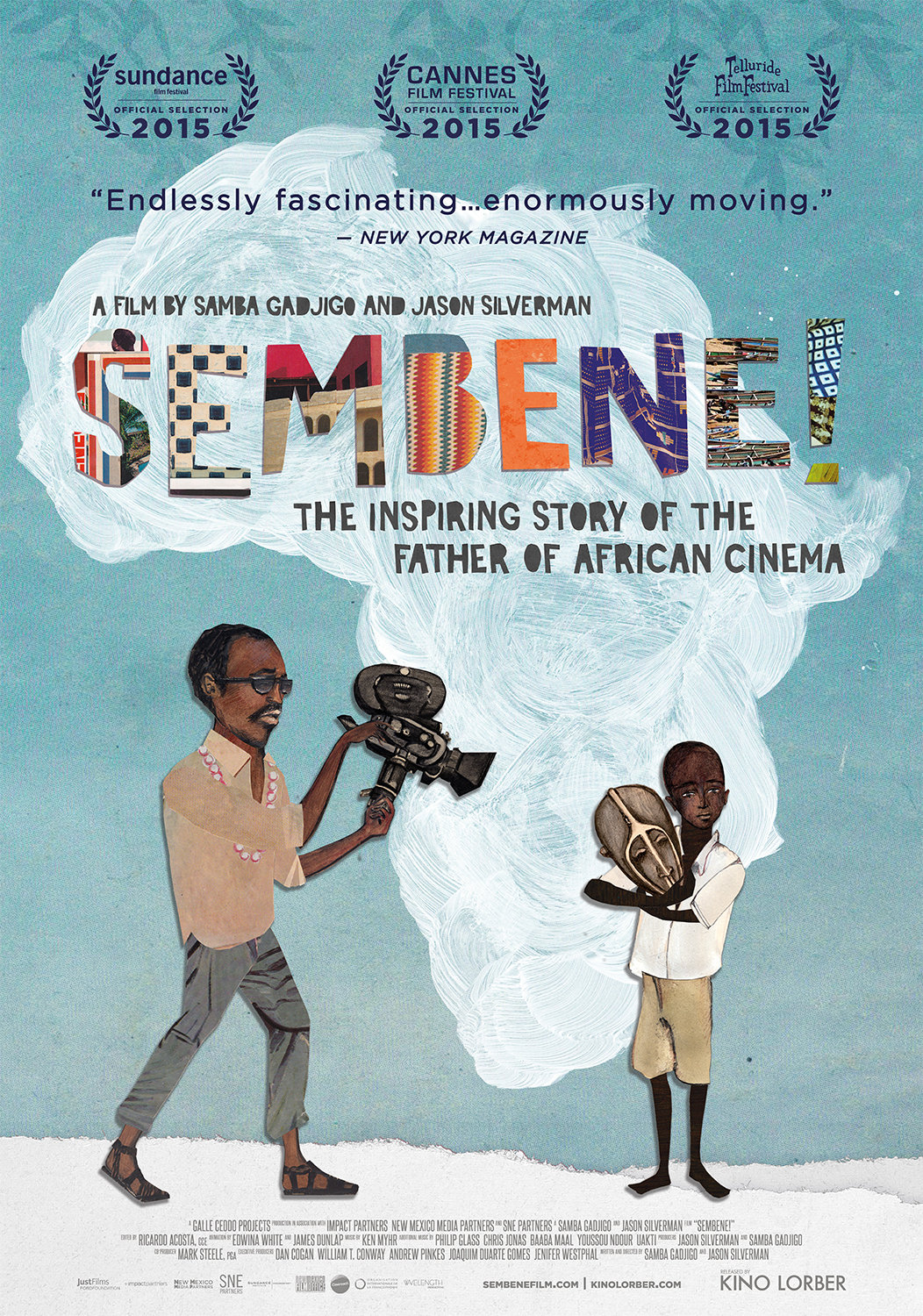 Sembène! (2016)
Sembène! (2016)
Professor Samba Gadjigo portrays the life and major films (“Black Girl,” “Camp de Thiaroye”) of the renowned anti-colonial filmmaker Ousmane Sembène. He would use everyday people rather than trained actors, and many of his films were banned in Senegal and France for their radical visions. This project emerged from a close friendship between the two men; after Sembène’s death, Gadjigo was determined to preserve and share his “uncle’s” legacy.
For Sembène’s feature films, see Kanopy.
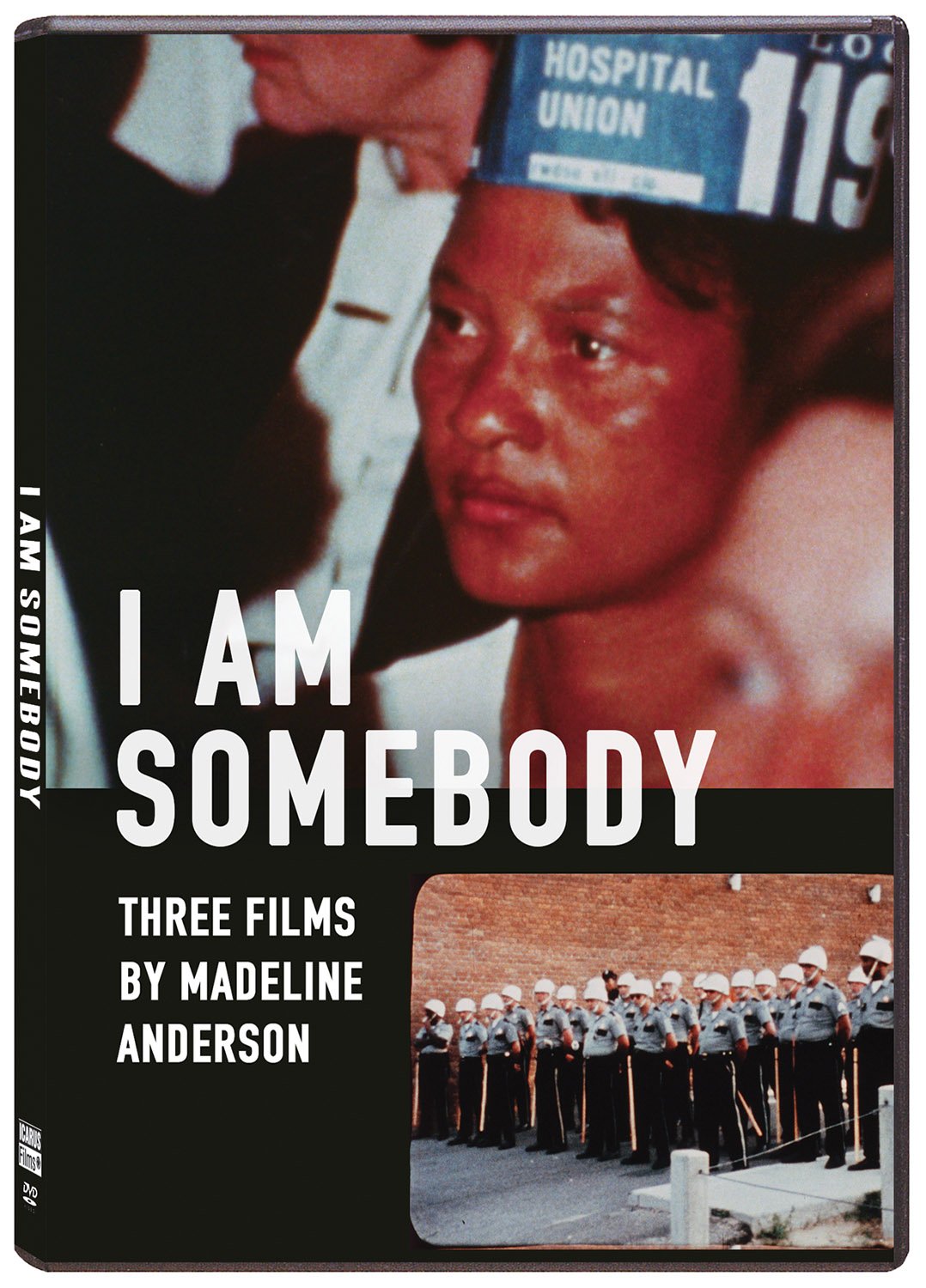 I Am Somebody (1970)
I Am Somebody (1970)
As a member of a union herself, Madeline Anderson jumped at the invitation to chronicle the 1969 hospital workers’ strike in Charleston, South Carolina. Not just seeking a fair wage, the striking workers, a vast majority women, also identified with the Civil Rights struggle of the decade and demanded recognition of their humanity. Anderson’s short film was inducted into the Library of Congress’ National Film Registry in 2019.
For more on historic labor activism led by Black women, see Dr. Keona Ervin’s “Gateway to Equality.”
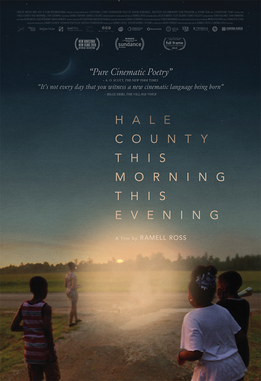 Hale County This Morning, This Evening (2018)
Hale County This Morning, This Evening (2018)
RaMell Ross earned an Oscar nomination for his sprawling, yet intimate snapshots of everyday life in Hale County, Alabama. Screened at our local True/False Film Festival, this experimental documentary materialized from Ross’s own relationships after moving to town. His photography background shows as Ross reckons with “using time to figure out how we came to be seen.”
For more poetic portrayals of Southern Blackness, see Saeed Jones’s “Prelude to Bruise.”
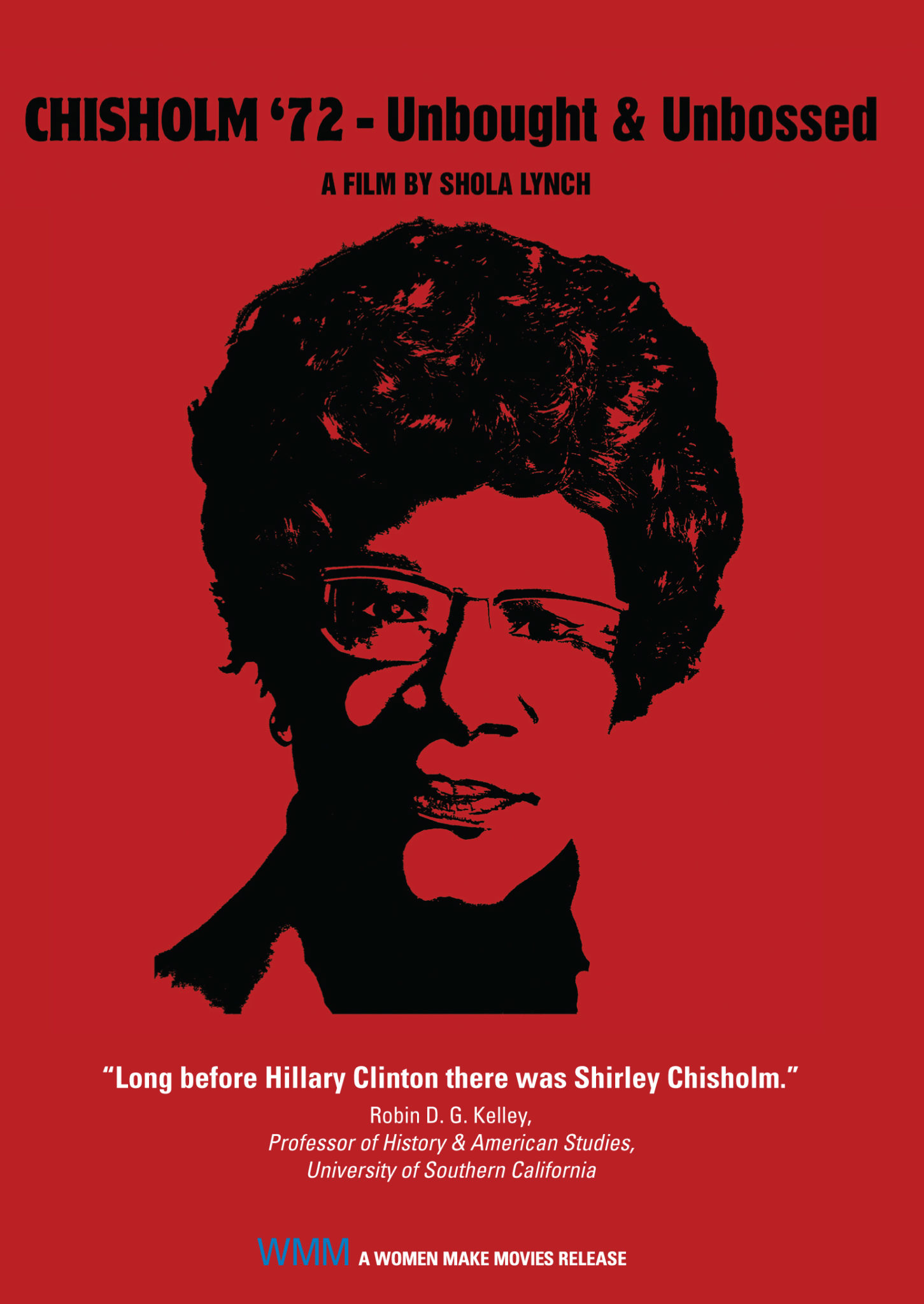 Chisholm ’72: Unbought and Unbossed (2004)
Chisholm ’72: Unbought and Unbossed (2004)
Shola Lynch’s political documentary presents the first Black Congresswoman and her 1972 bid for the Democratic presidential nomination. Shirley Chisholm was resolved to assert her full rights of citizenship by running and thus set a fearless example for future women candidates of color. Interestingly, her primary race invites stark comparisons with the current 2020 Democratic primary.
For more on Black women politicians, see Stacey Abrams’s “Lead From the Outside.”

